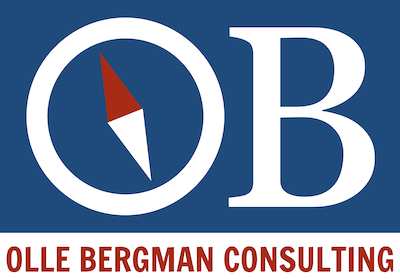DTU Biosustain 5 December 2022, Poster Improvement Workshop
Hi everyone,
Thanks for a great afternoon and evening at Gråbrødretorv where we had some really interesting discussions on how to balance the perspectives of the scientist and the communicator. I am looking forward to seeing what improvements you will come up with!
Part III of the workshop
6–12 December: the virtual feedback room at GoVisually will be open. Submit posters by adding them to Dropbox; you can add as many versions as you want.
- Start by adding the poster in its original format. Give it the name “YOUR_NAME_ORIGINAL”
(Not for those who design their first poster this week, of course.) - Any version you add should be named “YOUR_NAME_VERSION_##”
12 December, 10:00: deadline for improved versions.
12 December, afternoon: the winners will be announced.
If you have any questions or reflections, please email me: olle@bergman.com.
Working with your poster
Check list
- Will it be useful as a networking tool?
- Does it have a clear main story?
- Are the conclusions or the project aims clear?
- Is every component there to support these main messages?
- Does it look interesting to the poster exhibition participant?
Below are some links that can be useful when you design and improve your poster.
- My slides.
- Better Posters
By McMaster University professor Zen Faulkes; by far the best resource on poster design on the web. - A poster guide for Ph.D. students.
A draft for a chapter of an upcoming book for Springer Nature. - The Poster Design Hub
A (somewhat messy) resource page with some selected guides and websites.
Information design
- Basic graphic design: Contrast, Repetition, Alignment, Proximity
A chapter from a book by Garr Reynolds. - Remove to Improve
Learn about the data-to-ink ratio. - Remove to improve
Some notes from the makers of the video above.
Some tools and models
Five principles for any communication activity
1. Define your task. Always know WHY you are initiating a communication activity, and what the GOAL is. How will you change the world?
2. Analyze your target group. Be like the elephant: listen more than you talk.
3. Know yourself. Follow your passions, improve your strengths, work on your limitations. Let your experience and your personality guide you as a communicator, and believe in your own values, voice, and style.
4. Understand the limitations at hand. Start any communication activity by drawing up the limits of time, budget, man-hours etc – then start creating.
5. Seek inspiration in all types of communication. Remember The Grand Unified Theory of Communication and Influence!
The Aristotelian triad
Keep in mind that communication not only conveys information (logos) but also trust/attitudes/values (ethos), and emotions (pathos).
- Ethos = trust, credibility, personal trademark
- Pathos = emotions – positive or negative
- Logos = facts and logic
Here’s a great blog article!
The inverted pyramid
In short: frontload your texts and announcements, starting with what really matters for your audience.
The Wikipedia article is very enlightening. Have a look at the Five Ws when you’re at it!

